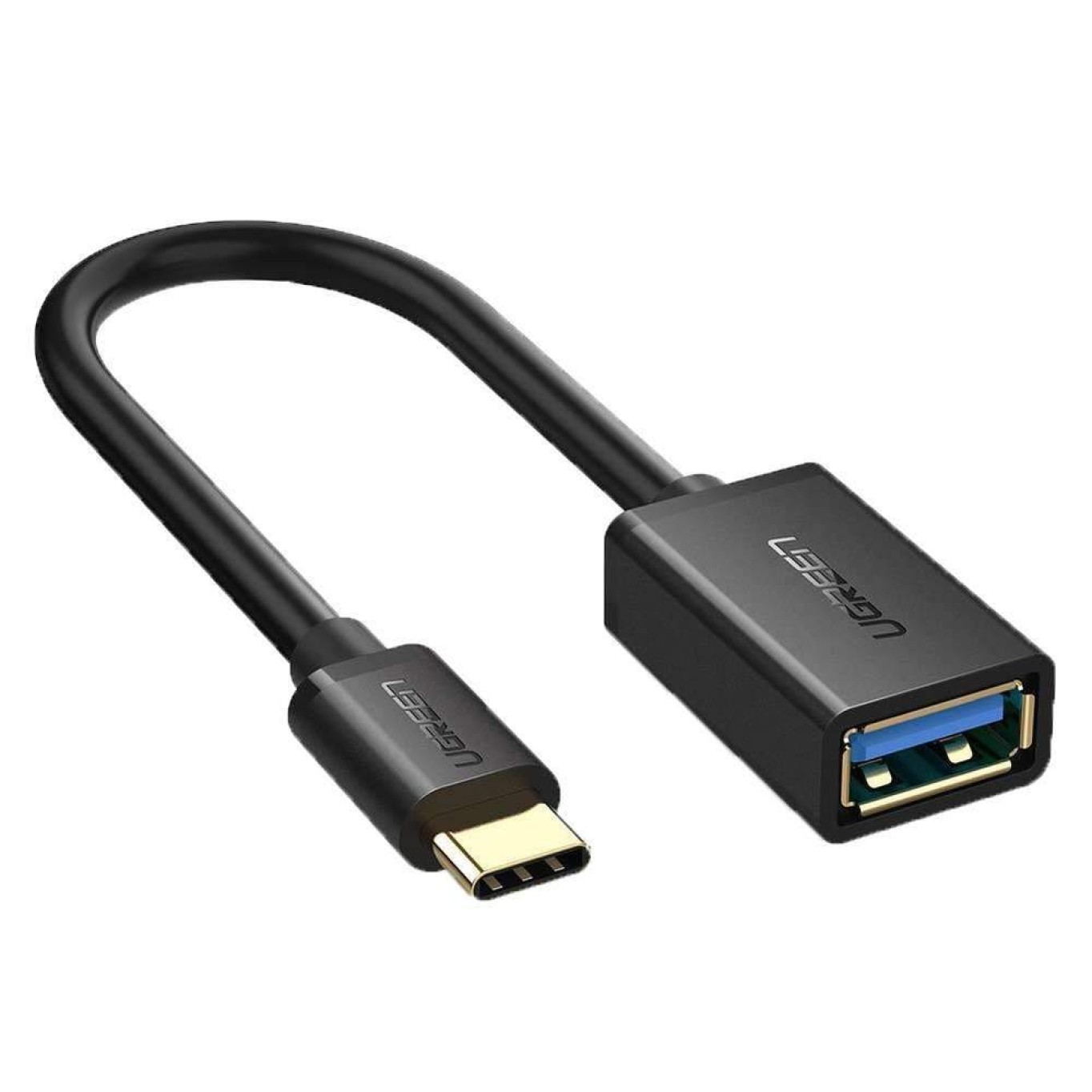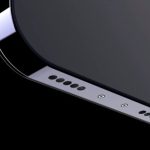Introduction: The Frustration of Intermittent Charging
Few things are as frustrating as trying to charge your device, only to have the charger disconnect unexpectedly. Whether you’re charging your smartphone, tablet, or laptop, dealing with a charger that keeps disconnecting can be a major inconvenience. In this comprehensive guide, we’ll delve into the various reasons why your charger might be acting up and explore potential solutions to help you troubleshoot and resolve the issue.
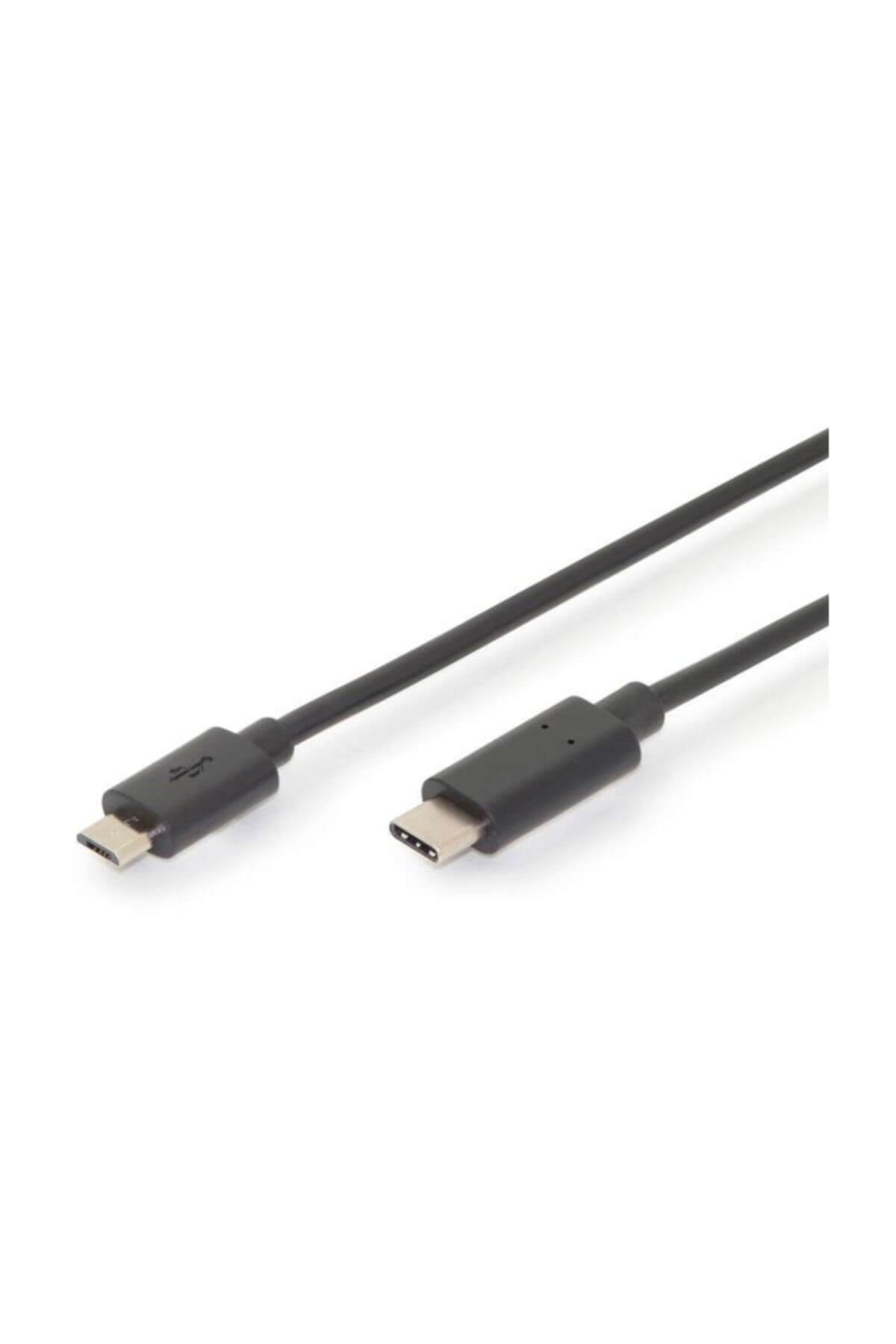
Loose Connections: Checking for Physical Damage
One of the most common reasons why chargers disconnect intermittently is due to loose connections. Over time, the charging port on your device or the connector on the charger itself may become worn or damaged, resulting in poor contact and frequent disconnections. Inspect both the charging port on your device and the connector on the charger for any signs of physical damage, such as bent pins, dirt, or corrosion. If you notice any damage, carefully clean the affected areas and try reconnecting the charger to see if the issue persists.
Cable Wear and Tear: Identifying Frayed Wires
Another common culprit behind intermittent charging issues is cable wear and tear. Over time, the cable of your charger may become frayed or damaged, leading to poor connectivity and frequent disconnections. Inspect the length of the charging cable for any visible signs of damage, such as frayed wires, exposed insulation, or kinks. If you spot any damage, it’s essential to replace the cable with a new one to ensure reliable charging. Avoid using damaged cables, as they can pose a safety hazard and may cause damage to your device.
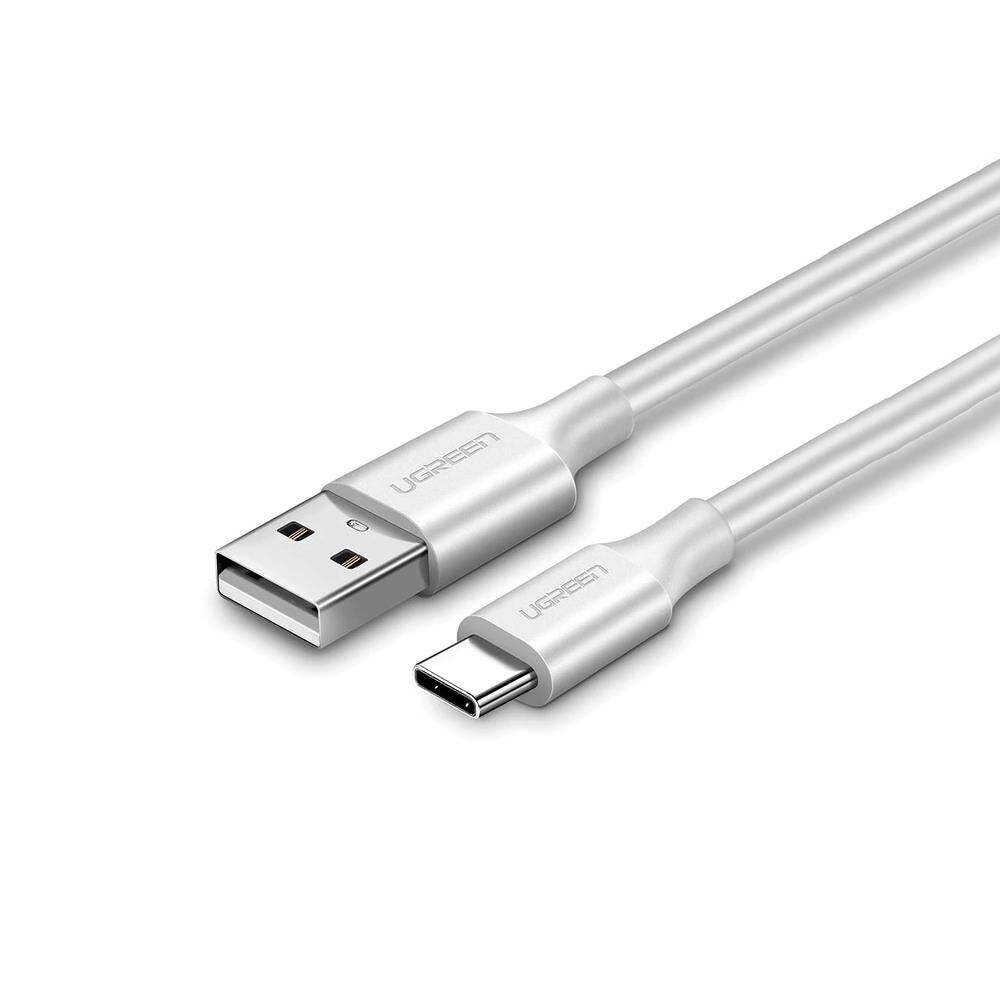
Incompatible Charger: Ensuring Compatibility
Using an incompatible charger can also lead to intermittent charging issues. Different devices require different charging voltages and currents, and using a charger that doesn’t match your device’s specifications can result in poor charging performance and frequent disconnections. Always use the charger that came with your device or a compatible third-party charger that meets the manufacturer’s specifications. Avoid using cheap or counterfeit chargers, as they may not provide adequate power output and could potentially damage your device.
Software Glitches: Updating Firmware and Drivers
In some cases, software glitches or outdated firmware/drivers may be the cause of intermittent charging issues. If you’re experiencing charging woes with your device, try updating the firmware or drivers to the latest version available. Manufacturers often release software updates to address bugs and improve device performance, including charging stability. Check the manufacturer’s website or your device’s settings menu for available updates, and follow the instructions to install them. After updating the firmware/drivers, monitor your device to see if the charging issue has been resolved.
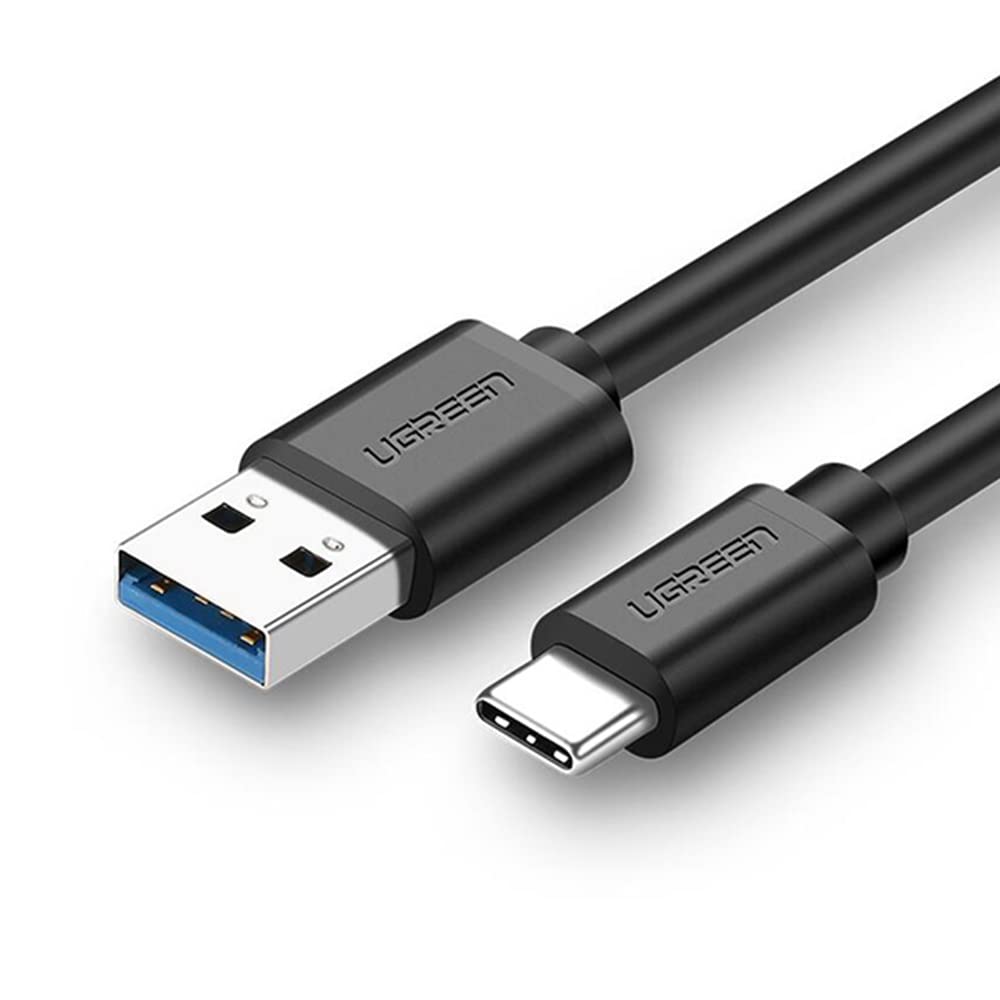
Overheating: Addressing Thermal Issues
Overheating can also contribute to intermittent charging problems, particularly if your device or charger becomes excessively hot during charging. High temperatures can degrade the performance of electronic components and lead to poor connectivity and charging instability. To prevent overheating, avoid charging your device in direct sunlight or in hot environments, and ensure proper ventilation around the charger and device. If your device becomes uncomfortably hot to the touch during charging, unplug it and allow it to cool down before attempting to charge it again.
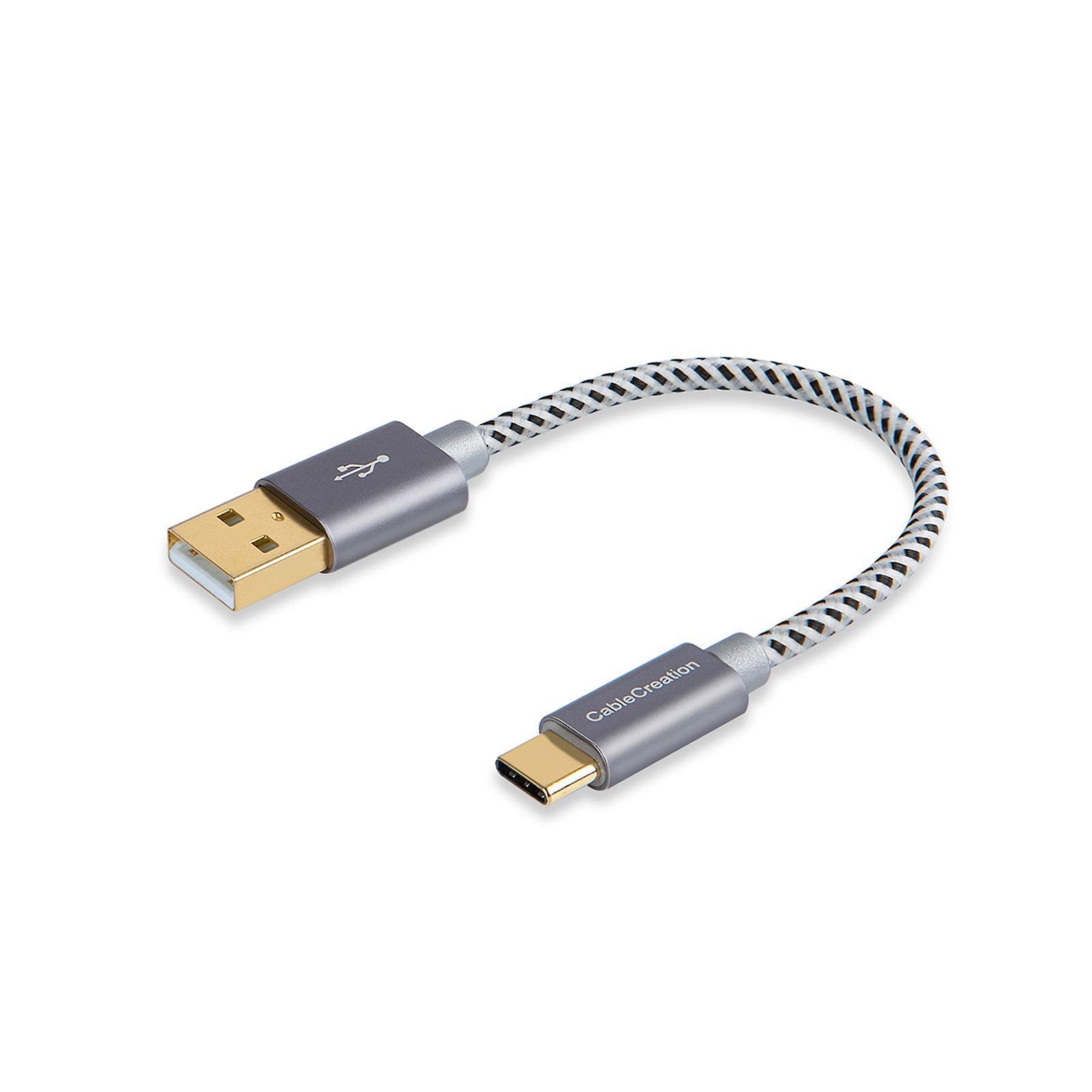
Battery Health: Checking for Degradation
Battery degradation can also impact charging performance and stability over time. As batteries age, their capacity and ability to hold a charge diminish, leading to slower charging times and potential disconnections. If you’ve had your device for a while and notice that it’s struggling to maintain a charge, it may be time to replace the battery. Contact the manufacturer or a reputable repair service to inquire about battery replacement options and ensure that your device continues to perform optimally.
Environmental Factors: Minimizing Interference
Environmental factors such as electromagnetic interference (EMI) or radio frequency interference (RFI) can also contribute to intermittent charging issues. Electronic devices and appliances in close proximity to your charger and device can emit electromagnetic radiation that interferes with charging signals, leading to poor connectivity and disconnections. To minimize interference, try relocating your charger and device away from other electronic devices and appliances, such as microwaves, routers, and cordless phones. Additionally, consider using shielded cables and chargers to reduce the risk of interference and improve charging stability.
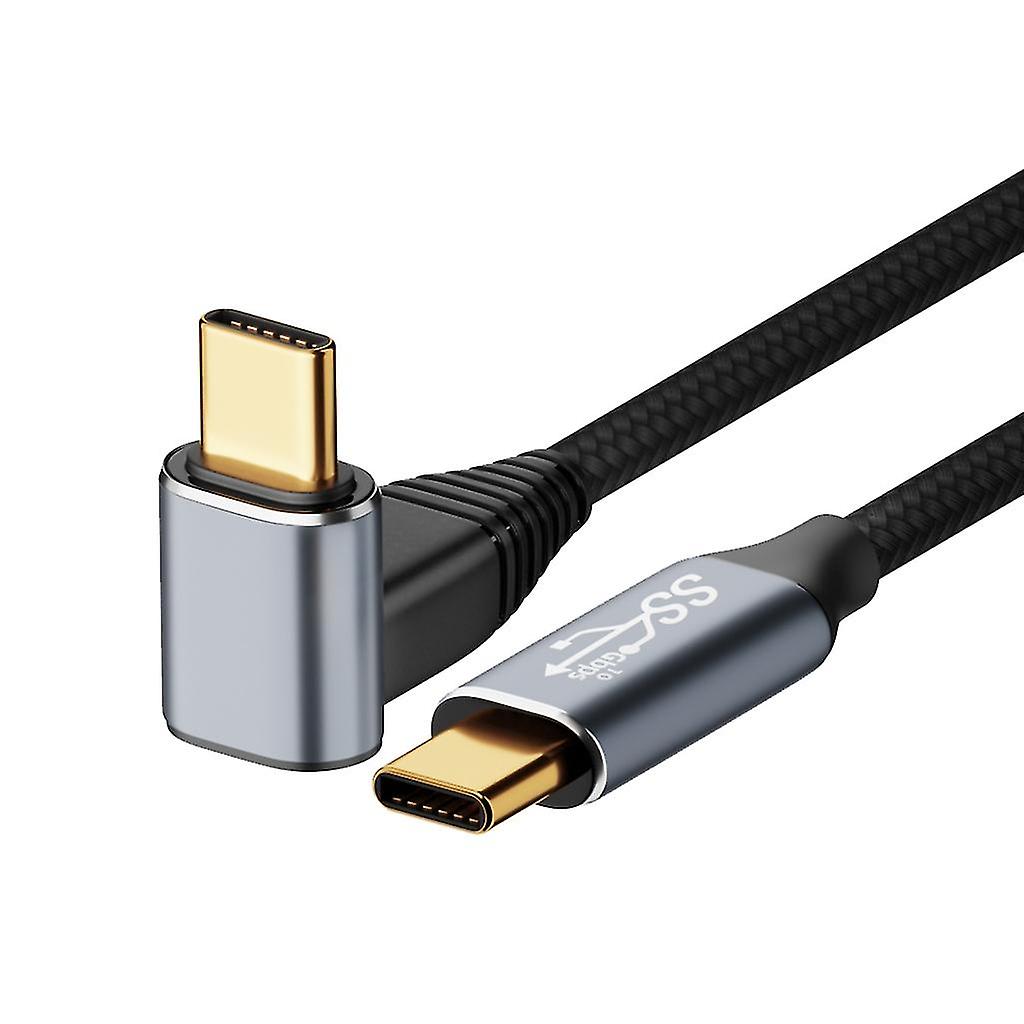
Using a Different Power Source: Testing Alternatives
If your charger continues to disconnect despite checking for physical damage and other potential issues, it’s worth testing with a different power source. Sometimes, the problem may lie with the outlet or power strip rather than the charger itself. Plug your charger into a different outlet or power strip to see if the issue persists. Additionally, try charging your device using a different charger to determine whether the problem is with the charger or the device itself. By testing alternative power sources and chargers, you can narrow down the cause of the issue and take appropriate action to resolve it.
Resetting Your Device: Rebooting for a Fresh Start
In some cases, a simple reset or reboot of your device may help resolve charging issues caused by software glitches or temporary system errors. Reboot your device by powering it off completely and then turning it back on after a few seconds. This will clear the device’s memory and reload the operating system, potentially resolving any software-related issues that may be affecting charging performance. After rebooting your device, reconnect the charger and monitor its charging behavior to see if the issue has been resolved.
Seeking Professional Assistance: Consulting with Experts
If you’ve exhausted all troubleshooting steps and your charger continues to disconnect intermittently, it may be time to seek professional assistance. Contact the manufacturer of your device or charger for guidance and support. They may be able to offer additional troubleshooting steps or recommend repairs or replacements if necessary. Additionally, consider consulting with a qualified technician or repair service for further diagnosis and assistance. Professional experts have the knowledge and expertise to identify and address complex charging issues, ensuring that your devices continue to charge reliably and safely.
Conclusion: Troubleshooting and Resolving Charging Woes
Dealing with a charger that keeps disconnecting can be a frustrating experience, but by understanding the potential causes and implementing the appropriate solutions, you can troubleshoot and resolve the issue effectively. Whether it’s due to loose connections, cable wear and tear, incompatible chargers, software glitches, overheating, battery degradation, or environmental factors, there are steps you can take to address the problem and ensure reliable charging for your devices. By taking proactive measures to maintain your chargers and devices and addressing any issues promptly, you can enjoy uninterrupted charging and peace of mind knowing that your devices are powered up and ready to go when you need them most.
